The following article is special to RedState from our Insider in Wisconsin GOP politics.
Today in Wisconsin, the final battle unfolded in a years-long war between Marquette University and a conservative professor.
Marquette says the fight is over the alleged doxxing of a student, and whether tenure can be unwound to allow it to ditch the professor alleged to have perpetrated the doxxing.
The conservative professor says it’s about academic freedom and attempted suppression of those holding a minority viewpoints on campus.
One thing that’s not in dispute: The details of the case risk exposing some major fractures in Wisconsin’s right-of-center coalition, with potentially unpleasant consequences for conservatives.

The Wisconsin Supreme Court hears arguments in McAdams v. Marquette. Image via YouTube.
Salena Zito at the Washington Examiner has the basic details of the case:
In 2016, McAdams sued the Jesuit university, saying he lost his job for exercising his freedom of speech when he blogged about a student-teacher’s attempt to curtail a discussion in an ethics class about opposition to gay marriage.
But according to the university, McAdams was not fired because of what he wrote on his blog. Instead, the school claims he was fired because he was “doxing” the graduate student by putting the person’s information online.
In 2014, McAdams blogged about a taped conversation that occurred between graduate student-instructor Cheryl Abbate and a student, who took issue with Abbate’s comments during class regarding same-sex marriage.
The student then gave the audio tape to McAdams, who reached out to Abbate for comment and did not receive one. He then blogged about the tape in a post headlined “Marquette Philosophy Instructor: ‘Gay Rights’ Can’t Be Discussed in Class Since Any Disagreement Would Offend Gay Students.”
The following January, McAdams was informed that the administration would withdraw his tenure, and he would be dismissed.
McAdams, a conservative, says he was dismissed for exercising his freedom of speech by criticizing what he considered as a teacher’s decision to shut down a gay marriage discussion by refusing to discuss the matter further in the class.
Lovell disagrees and said it was all about his conduct, “He took a student teacher’s names and put it in his blog along with a link to her contact information, and put it in front of a hostile audience,” he said.
Two additional points bear mentioning.
First, according to reports from nearer the time of the incident, the student professor received death threats and Marquette had to put a security guard outside of her office.
Second, other professors were also allegedly concerned about having to “self-censor” to avoid incurring McAdams’ wrath, and being themselves subjected to what Marquette contends is doxxing.
And in understanding those basic details, it should be clear how this case is pitting conservatives against conservatives in the Badger State, even if few McAdams detractors on the right have been willing to speak out publicly or attach their names to their views.
While the case for conservatives rallying to McAdams is fairly straightforward (liberals are taking over universities, using every rule in the book to silence dissenters who conveniently happen to be conservatives, warping and manipulating young minds, and basically ruining the country and culture by allowing “safe spaces” and “Social Justice Warriors” to triumph at the expense of all else), the conservative case against McAdams is more complicated. It rests on three notions: First, university tenure is over-strong and the entire system would benefit from being weakened, in order to provide better value; Second, at a private university like Marquette, the First Amendment does not apply to academic speech; Third, if McAdams wins, it will be a boon for trial lawyers in the state– a bad thing for conservatives, in terms of likely political outcomes.
While Marquette undoubtedly wants to steer clear of allegations it is weakening tenure overall with its handling of the McAdams matter, and there is little evidence to suggest the university is doing so, it is clearly the case that Wisconsin conservatives, namely Gov. Scott Walker, have strongly supported weakening tenure within the University of Wisconsin system. That’s the public system; Marquette is a private university. But some conservatives see hypocrisy in arguments that public university tenure is over-strong, but private university tenure should be kept so bullet-proof that a kinda-sorta student doxxing can’t result in a professor being let go.
But even conservatives who feel strong tenure is an essential protection enabling academic freedom and good education may raise questions about McAdams apparently challenging Marquette on constitutional grounds. The McAdams case has been depicted as a First Amendment case; however, some conservatives familiar with it query whether that’s correct and whether the conservative-dominated Supreme Court panel that will rule on it will ultimately agree.
Marquette, as noted, is a private institution, whereas standard conservative constitutional interpretation has held that the First Amendment offers protection against government censorship. If Marquette can’t fire McAdams because of First Amendment concerns, it could mean that other private employers– say, bakeries or banks or human resources companies– cannot terminate employees for doxxing fellow employees, or using racist or sexist language. At a minimum, it means they will be more cautious in doing so, which would lead to an uptick in litigation and lawyers fees– and that’s setting aside another aspect of the McAdams case.
The Milwaukee Chamber of Commerce has reportedly weighed in against McAdams in this case, via an amicus brief. One of the reasons why is that this case has already been heard and settled in an arbitration setting.
McAdams wants the arbitration decision thrown out; business conservative types in Wisconsin worry about the implications if that happens. They say it will lead to every employment dispute having a natural route through the courts and becoming impossible to settle in arbitration, which will make Wisconsin the new favored state of trial lawyers. That, some conservatives say, is worrisome because with more trial lawyers come more Democratic campaign contributions, and more jeopardy for Gov. Walker and fellow Republicans– who already look imperiled, given the recent victory of a liberal candidate for the Wisconsin Supreme Court (to be clear, she will not be hearing this case).
All this makes the war over McAdams and Marquette a little trickier than it appears on face value even if overwhelmingly, Wisconsin conservatives seem to sympathize with McAdams’ plight.
Ultimately, there are solid legal reasons why Marquette may win this case, and reasons for conservatives not to view that as a wholly negative thing. But the flip side is that Marquette is generally suspected not to have done its utmost to make its campus a good home for an array of philosophical and political perspectives, something that bothers conservatives in Wisconsin greatly regardless of the actual merits of the case. Marquette’s tuition comes in at $40,000+ a year– and conservatives feel that shouldn’t just buy students cozy time in safe space where they’re exposed to nothing controversial.
That’s true, and the issue of campus speech and enhanced tolerance for a range of viewpoints is something that countless universities need to continue to grapple with– it’s just that the Marquette/McAdams case might not be the best example of “censorship” for conservatives to hold up, all facts considered.
The decision is expected at the end of June. Chief Justice Patience Roggensack, in concluding remarks on Thursday, characterized the arguments from both sides as “interesting.”
From the Journal Sentinel:
When all was said and done Thursday, Chief Justice Patience Roggensack thanked the attorneys for “interesting” arguments, and noted “a lot of professors from a lot of universities” around the country are interested in the outcome.
Six justices will decide the case. Roggensack, Ann Walsh Bradley, Michael Gableman, Rebecca Bradley and Daniel Kelly were present for arguments.
Justice Shirley Abrahamson was absent, but listened by phone. Annette Kingsland Ziegler is not participating in the case. The reason was not stated.
RedState Insiders will be waiting patiently and watching carefully until then.


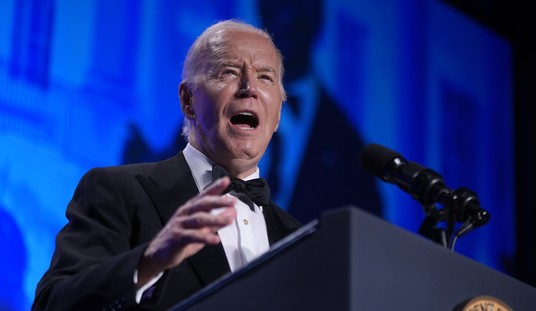



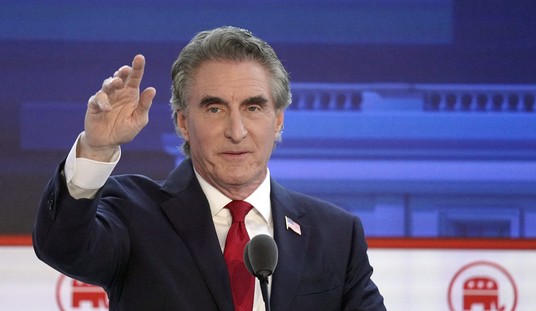


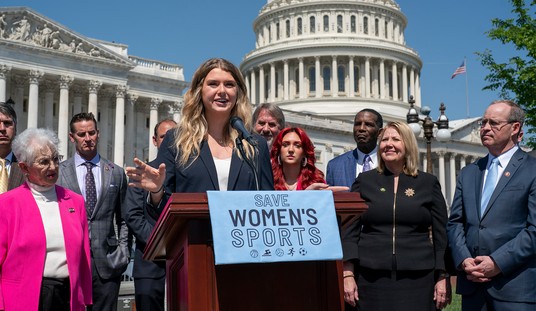
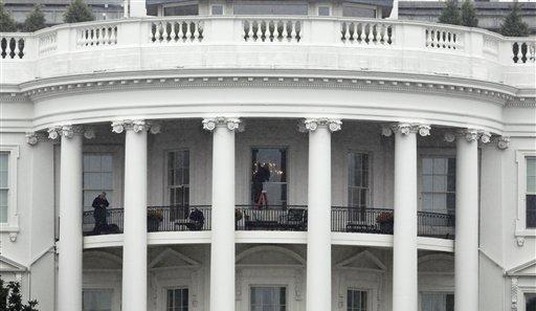

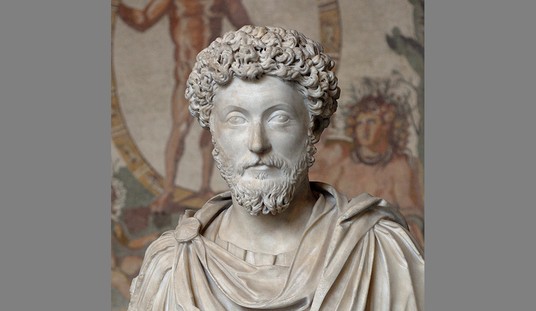
Join the conversation as a VIP Member